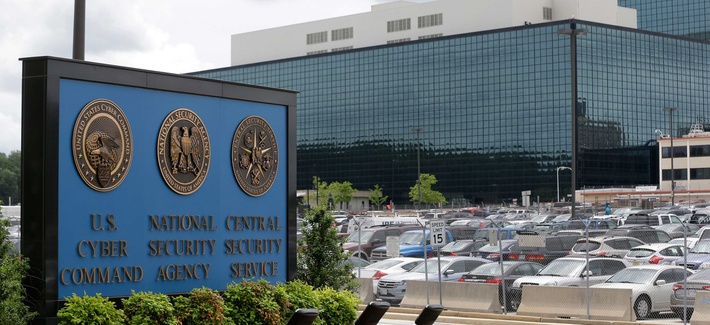Survey finds most global CEOs expect inflation to last through 2023 and beyond
01/26/2022 / By Cassie B.

Inflation is a top concern for many CEOs around the world right now, and many of them say they believe it is unlikely to go away anytime soon.
In Conference Board’s C-Suite Outlook 2022 report, inflation was the second greatest business concern reported by global business leaders who were polled, coming in behind COVID-19 disruptions. Other top concerns included supply chain disruptions, labor shortages, and evolving consumer behavior.
The majority of CEOs said that they believed these inflationary pressures would last through the end of the year and potentially longer. According to the poll, 31 percent of global business leaders expect inflationary pressures to continue into 2023, while 35 percent believe the pressures will last through the end of this year. Among American CEOs, 24 percent expect the pressures to continue through 2023. Over half of CEOs globally expect elevated pricing pressures to continue for another 18 months or longer.
Unfortunately, less than 40 percent of the CEOs polled said they believed their organization was well-prepared for crises related to inflation, with many of them leading workforces who have never experienced inflation like this before.
Consumer prices have experienced a steep rise in recent months. A monthly report from the Bureau of Labor statistics found that prices rose in December by seven percent compared to one year earlier; the number was also a rise from the 6.8 percent growth reported in November and was the highest inflation rate seen since the 12-month period that ended in June of 1982. It also had the dubious distinction of being the third month in a row in which inflation exceeded six percent.
Meanwhile, online prices rose by 3.1 percent in December year over year, making it the 19th month in a row of online inflation and representing a 0.8 percent rise from November’s figure. Some of the categories that experienced the biggest price hikes were groceries, which grew 4.9% percent year over year, and clothing, which rose 16.6 percent year over year.
Many CEOs don’t feel well-prepared for ongoing inflation
It is not just consumers who are being impacted by this problem. For example, 95 percent of CEOs in the manufacturing field said that they were dealing with inflationary pressures on business necessities such as raw materials and wages as a result of supply chain issues, increasing energy prices and labor shortages.
With these concerns in mind, the CEOs were asked to identify the top issues they plan to focus on in the coming year. The biggest internal issue CEOs plan to focus on this year is attracting and retaining talent, which is not surprising as workers have been increasingly quitting their jobs in every industry in what has become known as the Great Resignation.
CEOs are expected to use approaches such as offering better starting wages, improved benefits and more worker-friendly policies such as the ability to work on a hybrid schedule – combining time in the office and working from home – to attract workers. The department store Macy’s recently announced that it would be raising its minimum pay to $15 per hour. The company also launched a tuition benefit program that all of its salaried and hourly employees based in the U.S. can take advantage of.
Overhauling business models, increasing cash flow and a digital transformation were other top areas of focus identified by CEOs for the coming year. The survey was an anonymous one that collected insights from more than 1,600 business leaders around the world, more than 900 of whom were CEOs.
While inflation continues to have a noticeable effect on the average consumer, it is important to keep in mind that it is also having a big effect on companies around the world. And while the Biden administration might be trying to downplay the situation, business leaders around the world are being far more realistic about the unfortunate staying power of the inflation we’re seeing right now.
Sources for this article include:
Submit a correction >>
Tagged Under:
Bubble, business, chaos, Collapse, crisis, economy, finance, inflation, market crash, pandemic, panic, price increase, products, risk, survey, truth
This article may contain statements that reflect the opinion of the author
RECENT NEWS & ARTICLES
COPYRIGHT © 2017 PENSIONS NEWS





















